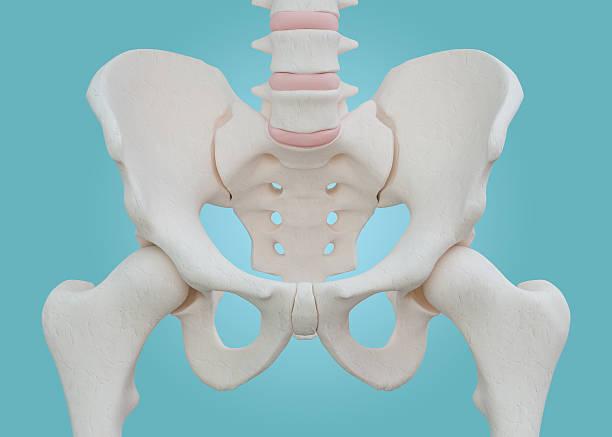Why do I feel a bulge or heaviness down there?
Introducing our new Pessary Fitting service at Alphington Sports Medicine Clinic for the management of Pelvic Organ Prolapse (POP). Pessaries are non-surgical devices that provide support to the pelvic organs, helping to alleviate symptoms and improve the quality of life for women with Pelvic Organ Prolapse.
What is Pelvic Organ Prolapse (POP):
POP refers to the condition where one or more of the pelvic organs, such as the uterus, bladder, or rectum, descend into or outside of the vaginal canal due to weakened or damaged pelvic floor muscles and connective tissues.
Factors such as pregnancy, childbirth, menopause, aging, chronic coughing, obesity, and heavy lifting can put significant strain on the pelvic floor, leading to its weakening. As a result, the pelvic organs may drop from their usual position and protrude into the vaginal canal, causing a range of symptoms and discomfort.
Common symptoms of POP include:
- A feeling of pressure or heaviness in the pelvic area.
- A sensation of something bulging or coming out of the vagina.
- Pain or discomfort during intercourse.
- Difficulty emptying the bladder or bowels.
- Urinary incontinence (leaking urine).
- Fecal incontinence (difficulty controlling bowel movements).
- Lower back pain.
The severity of POP can vary, ranging from mild to severe, and it may involve one or more pelvic organs. Some women may have no noticeable symptoms, while others may experience significant discomfort and disruption of daily activities.
Diagnosis of POP is usually made through a physical examination. In some cases, additional tests, such as pelvic ultrasound or urodynamic studies, may be conducted to assess the extent of the prolapse and any related bladder or bowel issues.
Physiotherapy management:
Treatment for POP depends on the severity of the condition and the impact on the individual's quality of life. Conservative approaches, such as pelvic floor muscle exercises, lifestyle modifications, and the use of pessaries, may be effective for mild cases.
Treatment options may include:
- Pelvic Floor Muscle Training (PFMT): It involves strengthening the pelvic floor muscles through specific exercises, such as Kegels. PFMT helps improve the support and function of the pelvic organs.
- Education and Lifestyle Modifications: Physiotherapists provide education about the condition, its causes, and how to manage symptoms. Lifestyle modifications, such as weight management, and dietary changes to prevent constipation, can also be recommended.
- Pessary Fitting and Management: A pessary is a device inserted into the vagina to provide support to the prolapsed organs. More on this below.
- Functional Training: Functional exercises are designed to improve pelvic floor muscle coordination and strength during daily activities.
- Bowel and Bladder Management: optimising bowel and bladder habits to reduce strain on the pelvic floor. This may include strategies like timed voiding, proper toileting posture, and bladder training techniques.
Pessary Fitting Service:
Our Women’s Health Physiotherapist, Laura Yammouni, has specialised training to assessing and fitting patients with pessaries. A comprehensive assessment will be conducted to determine the most suitable pessary type and size. This assessment will include a detailed medical history, pelvic examination, and discussion your symptoms and lifestyle.
Following your fitting the Physiotherapist will insure you are confident in inserting, removing and cleaning of your pessary. It is recommended that patients follow up with their GP or Gynaecologist once every 12 months for a speculum assessment of their vaginal tissue. Follow-up will be recommended to monitor your progress and address any issues related to the pessary use.
Laura Yammouni
Continence and Women’s Health Physiotherapist
If you have any of the above symptoms and would like to discuss your treatment options, please book an appointment with Laura today.
To read Laura Yammouni’s biography, go to: https://www.alphingtonsportsmed.com.au/practitioners#laura-yammouni
You can also book an appointment with her while online, or phone the Clinic on 9481 5744.



